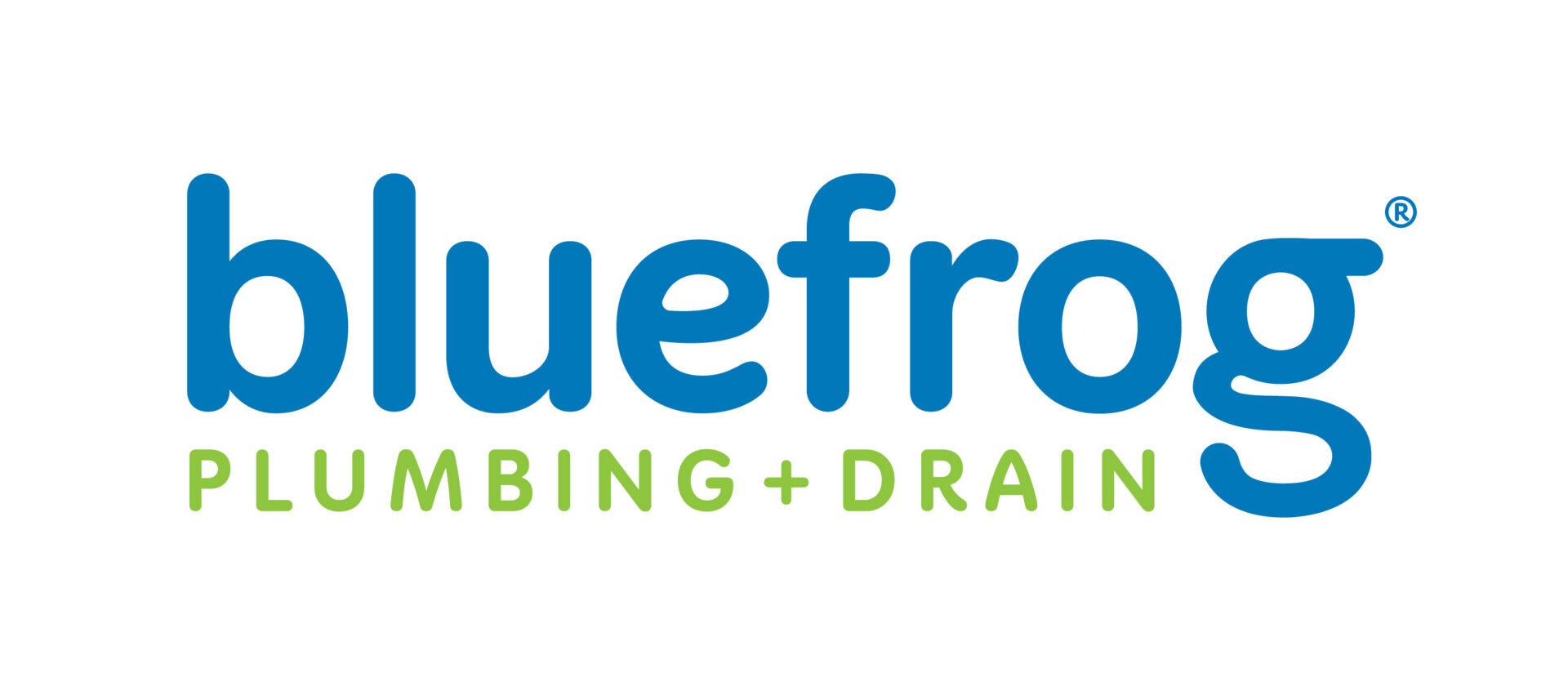Photo By Cozine at Shutterstock
Hard water is often the culprit when you notice white spots on your dishes or spend extra time rinsing off in the shower. The concentration of magnesium and calcium in the water is what makes it “hard”. While hard water isn’t usually a health hazard, it can be a slow financial drain in ways you may not notice right away. Installing a water filtration system is a good way to minimize the damage and to enjoy more potable water. Technicians at bluefrog Plumbing + Drain can walk you through the options for softening your water.
Side Effects of Hard Water
In some areas, the water that flows through your pipes has more mineral deposits, creating water that reacts in unique ways. One of the first ways you might notice hard water is during a shower. The minerals in hard water can react with soap, leaving a film of soap scum behind, even after repeated rinses. It is particularly challenging to get rid of all of the conditioner and shampoo from your hair. All that extra time in the shower adds up a significantly higher water bill, adding to the cost of having hard water.
After running a dishwasher cycle, you might notice white spots on some of your dishes, particularly glass- and flatware. Those white spots are mineral deposits from the hard water. A quick wipe usually removes any residue, but it also takes more time.
Mineral stains aren’t limited to the kitchen. Your clothing is also vulnerable and represents a significant capital investment. Changing up your wardrobe annually gets expensive. Mineral staining can also cause damage to fabric fibers, giving even your brand-new clothes months of wear in just a few washes.
Is Hard Water Bad for Your Pipes?
In short, yes. Hard water can leave the same mineral deposits on your pipes that it does on your dishes. It can create more frequent buildups of soap scum that lead to clogs. Installing a water filtration system is a quick and elegant solution to the problem.
Types of Water Filtration Systems
A water filtration system can be installed at an endpoint, like a faucet, or on the entire house. Depending on the type of water filtration system you need, you might install two systems. The first water filtration system would treat the whole house by removing sediment and other large particles, while a second water filtration system installed on a faucet in the kitchen could be used to provide potable drinking water.
What to Filter Out
With hard water, large, sediment particles are the concern, but with those particles might come a variety of other potential issues. In the United States, the National Resource Defense Council noted that 77 million Americans may have been exposed to tap water that failed to meet federal protection standards in 2015. That means that 1 in 4 Americans were at risk of exposure to contaminants like lead, arsenic, pathogens, and atrazine, a common ingredient in many pesticides.
The right water filtration system can remove most of the risk, even on treated municipal water systems. After all, while this water is filtered and treated at local storage facilities, it still runs through miles of pipe that can then introduce new, unwanted particles. Filtering water as it comes into your home is a great way to ensure your family is safe from a variety of chemicals and diseases, while also softening your water to improve quality.
Choosing a Water Filtration System
There are ten common types of water filtration systems. Each has pros and cons, and your bluefrog Plumbing + Drain expert can discuss the different types and make recommendations based on your local area.
Sediment filtration is one of the most common options, in large part due to its low cost for installation. But sediment filtration alone does not guarantee safe drinking water. To get safe and delicious water from the tap, you’d need to combine sediment filtration with another option.
Activated carbon filters, both granular and block, are also inexpensive and work at a smaller level than a sediment filter. A system using activated carbon might be motor less, reducing the running costs for the system. Unfortunately, this type of filtration is not a great fit for hard water since these filters do not remove mineral deposits.
Reverse osmosis filtration is a great way to get rid of most contaminants. When used with activated carbon, the result is filtered water without the minerals and no chlorine flavor when drinking. On the downside, an RO system is slow and wastes a lot of water to get the finished result. Some systems can produce three times the wastewater compared with the amount of drinking water. Also, when installing one of these systems, storage is a consideration. Since an RO filter works slowly, it is important to have a tank attached to keep a supply of clean water available throughout the day.
Opting for Multi-Stage Filtration
In general, there is no single filtration option that creates delicious, potable water that is nearly mineral-free. However, with multi-stage filtration, it is possible to have great quality water in your home, regardless of the possibility of contamination from city water pipes. In areas where the water is generally good quality but has high levels of magnesium and calcium, a water softening system might be an alternative to filtration. A water softening system uses an ion exchange filter to remove unwanted minerals.
Call bluefrog Plumbing + Drain for Water Testing
Before choosing a water filtration system, the first step is often comprehensive testing of your existing water supply. Contact your local bluefrog Plumbing + Drain location today to schedule a visit and get your water tested. Once you know, you and your plumber can create a water treatment plan specific to your home.
